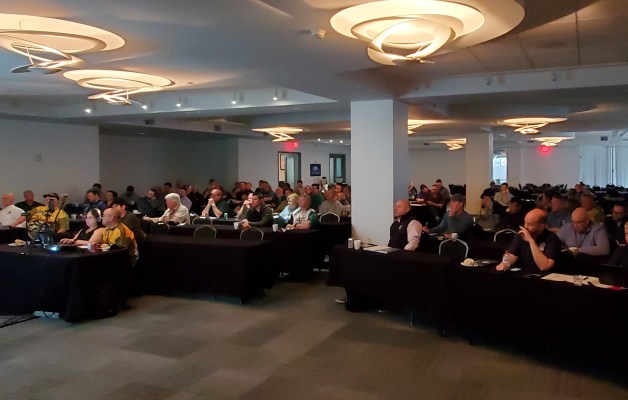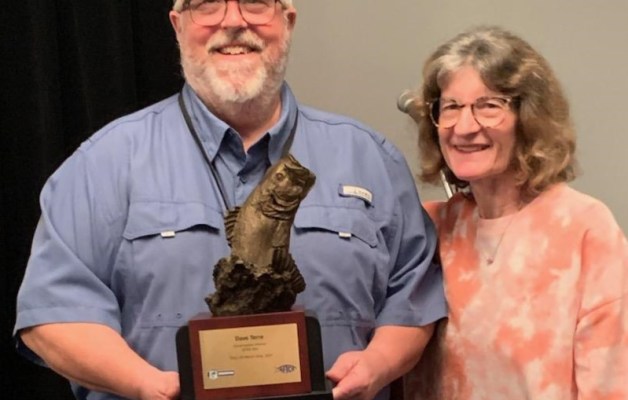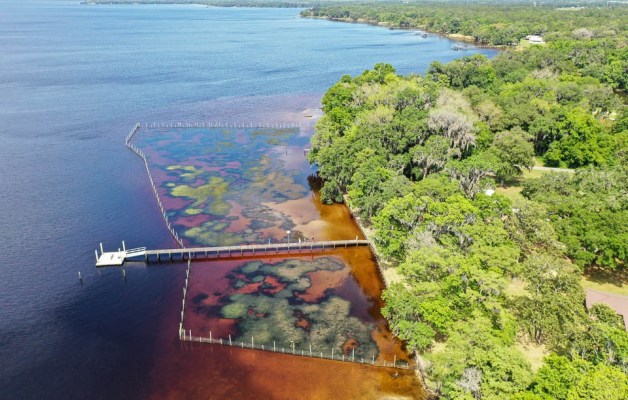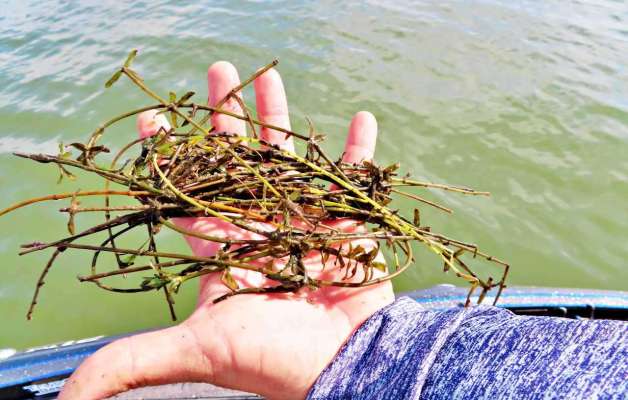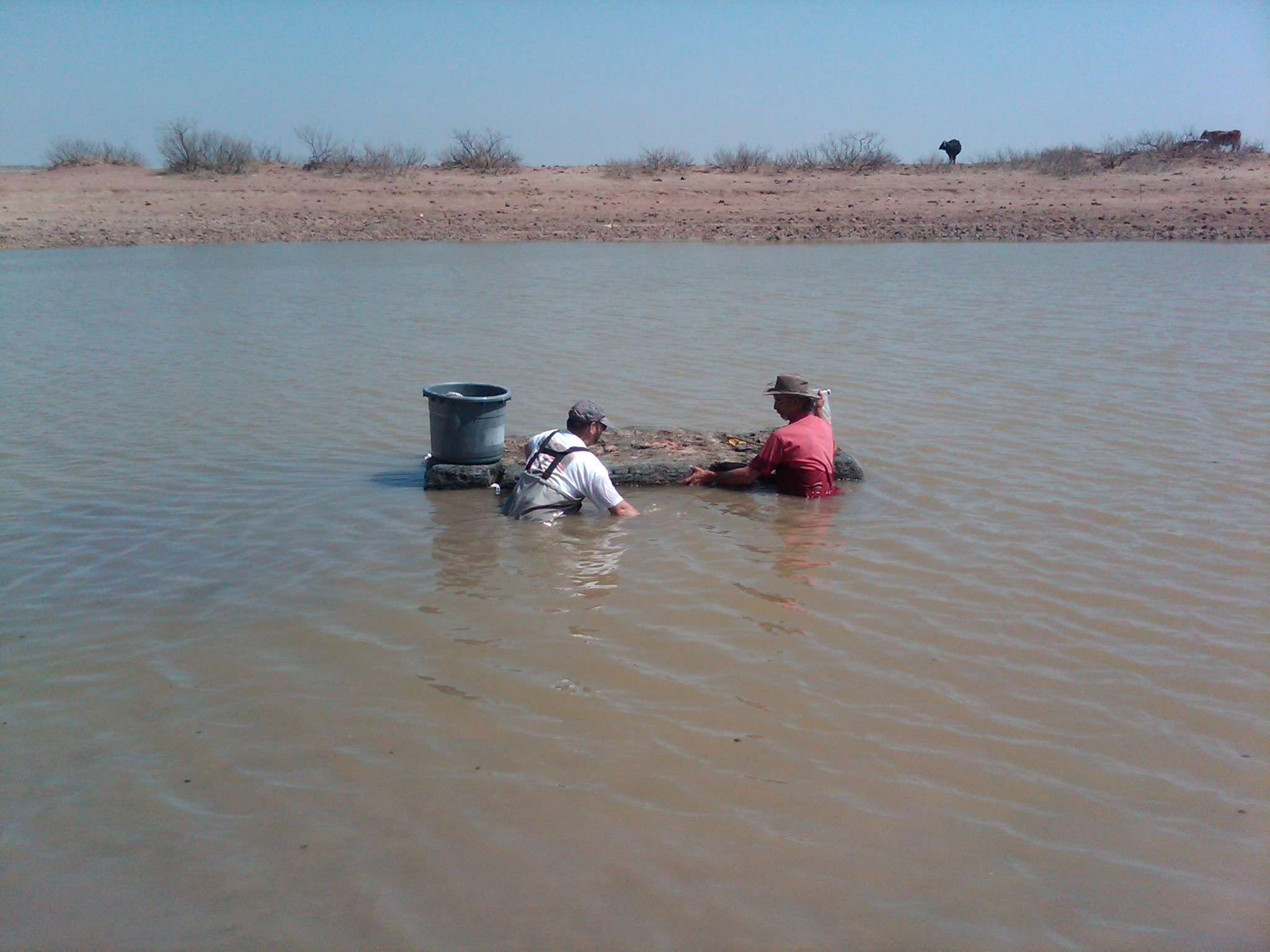
Will gamefish spawn on a suspended, artificial platform?
That’s the question the New Mexico B.A.S.S. Federation Nation is attempting to answer with a helping hand from the Kids of the Southwest B.A.S.S. Youth Club. The ambitious undertaking was enough to catch the eye of the Berkley Conservation Institute, which has awarded the 2010 Berkley Conservation Award to the New Mexico B.A.S.S. Federation.
The winning project, the Experimental Suspended Spawning Platform project in Elephant Butte Lake, N.M., explored the use of spawning platforms suspended beneath floating islands planted with vegetation. The theory is that the device will improve spawning rates in western desert lakes, which often experience fluctuating water levels that can adversely affect spawning success.
The New Mexico B.A.S.S. Federation designed variables for the project, including different composition of media for spawning beds, various water depths, and changing up types of aquatic vegetation. The goal was to find optimum combinations to attract gamefish, encourage spawning and support rapid growth, survival and increased recruitment. Outcomes from 2010 were used to modify the project in 2011.
The annual Berkley award, worth $2,000 to the New Mexico B.A.S.S. Federation Nation, will be presented in February during the 2012 Bassmaster Classic out of Shreveport-Bossier City, La.
“Berkley congratulates all the entrants on their contributions,” said Jim Martin, Berkley Conservation Institute’s conservation director. “We are especially impressed with the scope and sophistication of the conservation projects that were submitted.”
Submissions from B.A.S.S.-affiliated clubs for the 2011 round of BCI awards are now being accepted. An email that provides details of the candidate project should be addressed to nclough@bassmaster.com. The deadline is Jan. 1, 2012.
This article is part of the Habitat Improvement segment of the larger report, 2011 Annual Achievements in B.A.S.S. Conservation.

